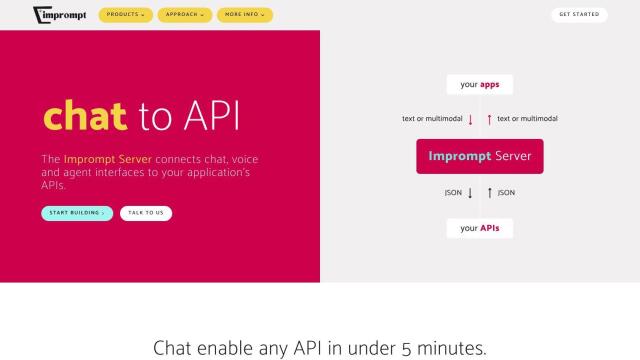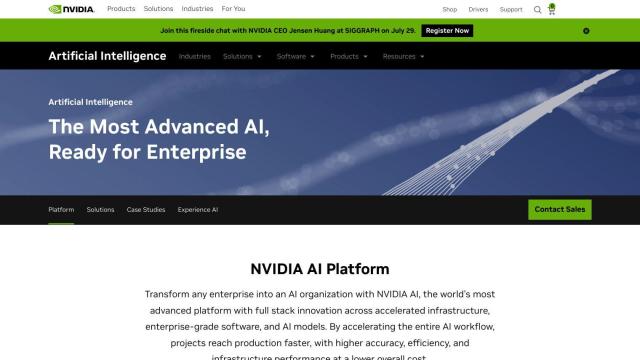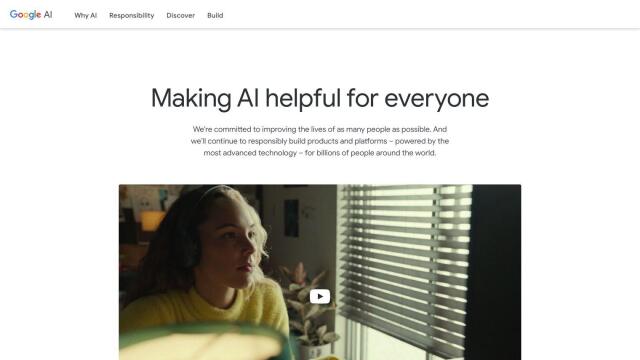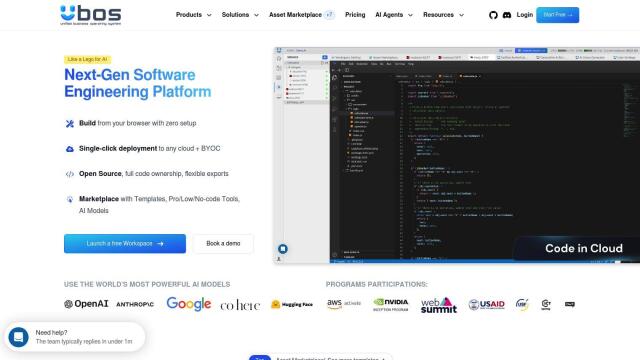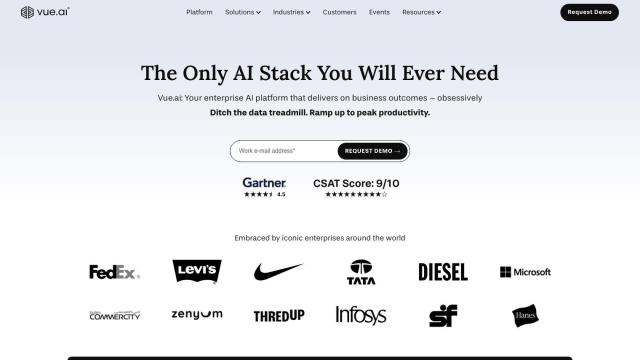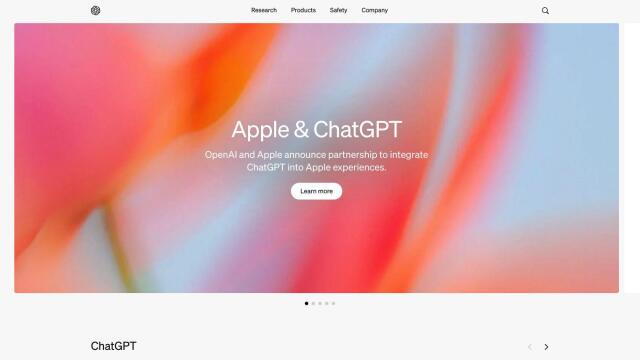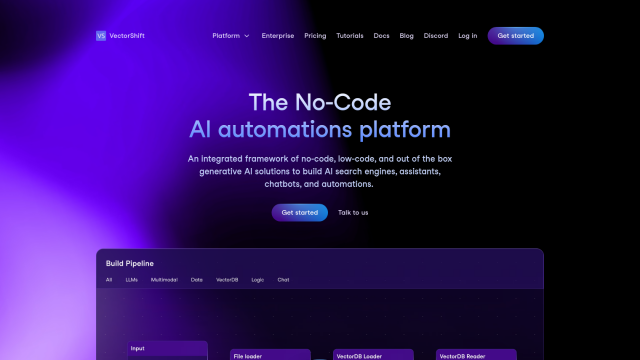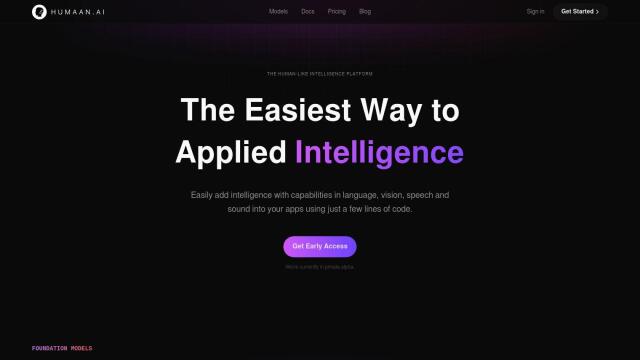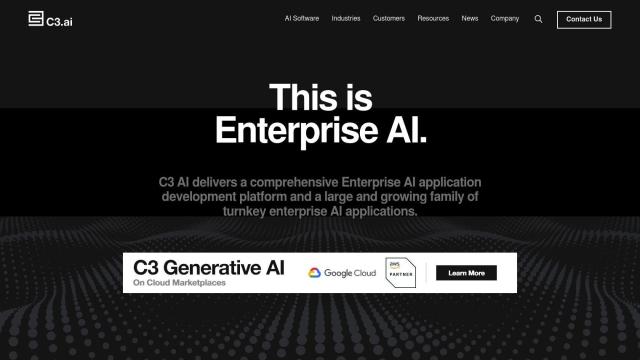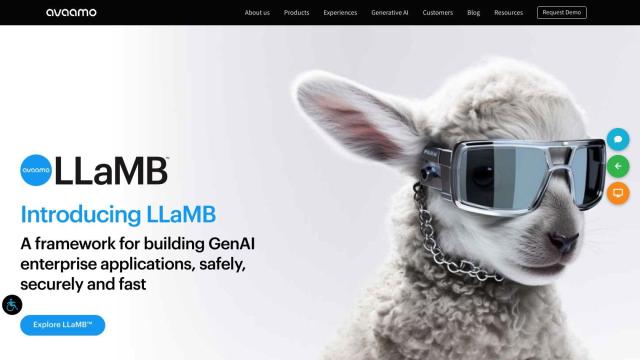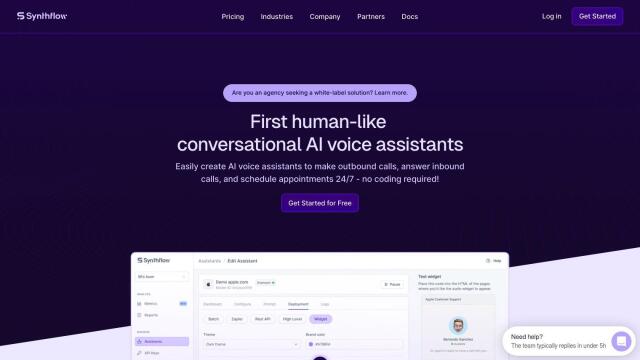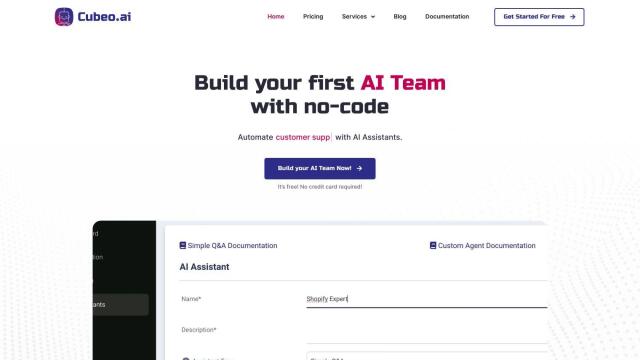Question: Is there a platform that offers a seamless transition to on-device AI without requiring significant changes to our existing technology?

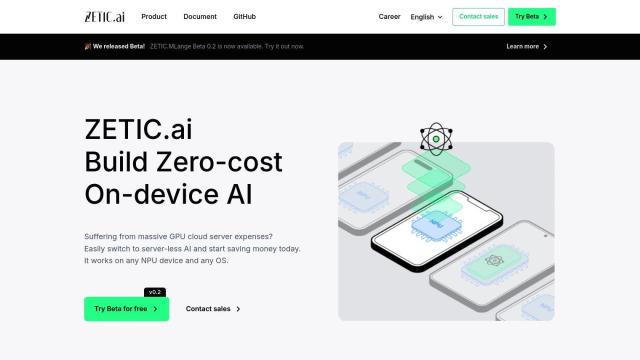
ZETIC.ai
If you're looking for a platform that can bring on-device AI without a lot of changes to your existing infrastructure, ZETIC.ai could be a good choice. It's designed to bring AI to mobile devices at low cost and high performance, using NPUs for top performance and power efficiency. It's designed to run on any operating system and processor, so it should be adaptable to a broad range of devices. ZETIC.ai's on-device AI can help you get better user data privacy, lower AI service maintenance costs and reduce your reliance on network infrastructure.
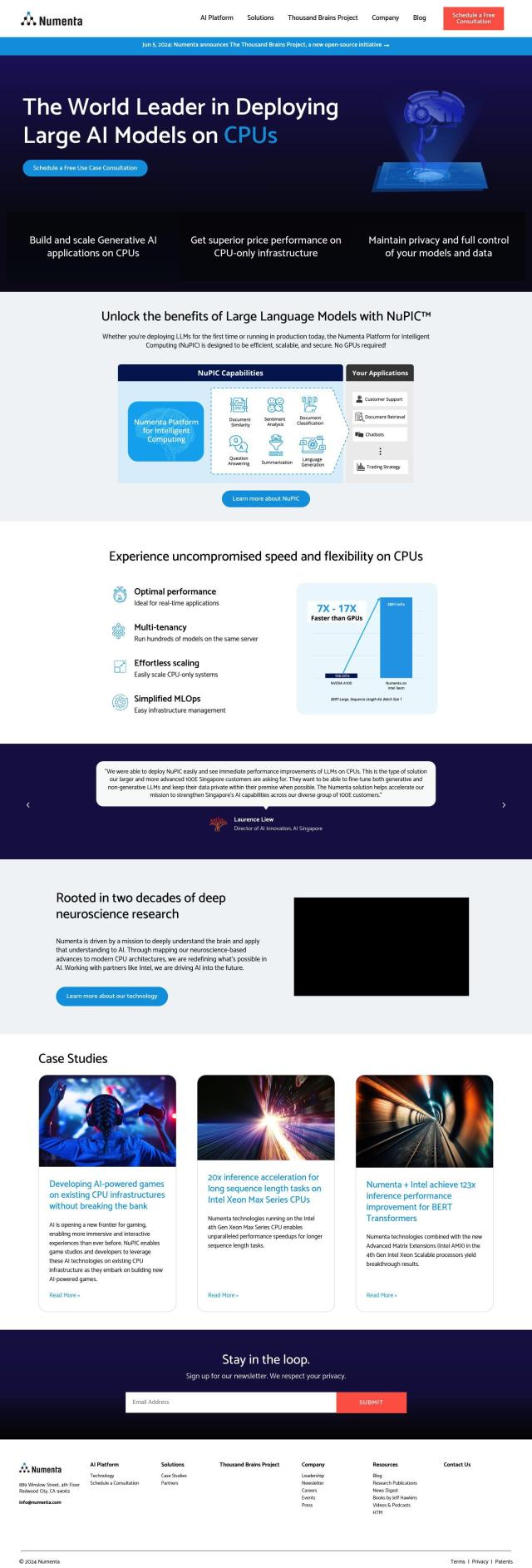
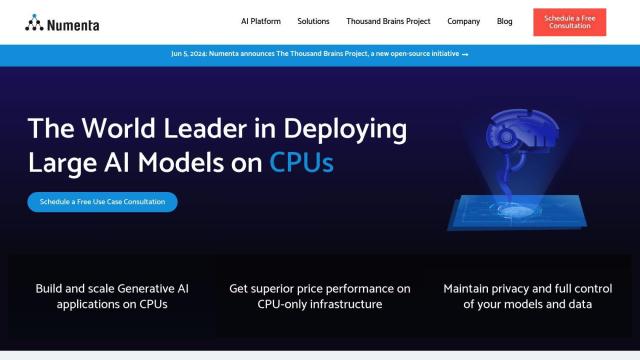
Numenta
Another good option is Numenta, which lets businesses run big AI models on CPUs without needing GPUs. Numenta's platform offers real-time performance optimization, multi-tenancy and the ability to scale CPU-only systems. It's a good fit for businesses like gaming, customer support and document search, where high performance and scaling on CPU-only systems is important. The NuPIC system, based on two decades of neuroscience research, is a good option for companies that want to tap into large language models without the GPU complexity.


ThirdAI
If customizability and accessibility are important, ThirdAI offers large language models and other AI technology without requiring special hardware. It includes tools for document intelligence, customer experience improvements and generative AI summarization. With an easy-to-use interface and tiered pricing plans, ThirdAI is designed to fit into existing workflows and infrastructure, making it easy to add AI abilities without a lot of disruption.


Peridio
If you're focused on AIoT applications, Peridio offers optimized workflows for software development, firmware updates and device management. It offers flexible integration through APIs and SDKs, binary management and secure device access. Peridio is geared for developers and teams that want to deploy AI models to the edge with a minimum of administrative overhead.

